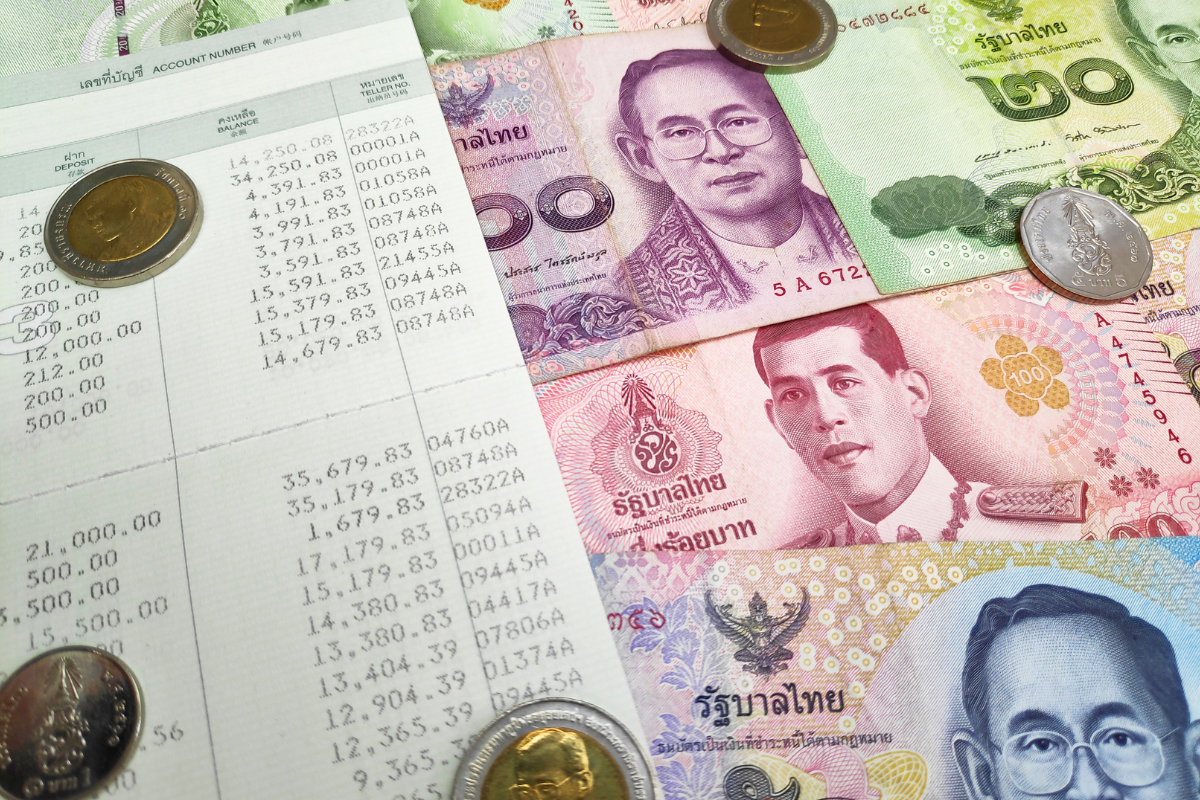
Thai Economy Faces Uncertainty Amid Shifting Global Policies
Central Bank Flags Long-Term Export Challenges
Uncertainty surrounding the Thai economy has intensified due to unclear implications of potential US policy changes, according to the Bank of Thailand’s latest Monetary Policy Committee (MPC) meeting minutes.
During the December 18 meeting, the MPC unanimously agreed to keep the one-day repurchase rate at 2.25%, following an unexpected cut in October. The decision aligned with expectations despite calls from the Pheu Thai-led government for lower rates to stimulate growth.
The MPC emphasized maintaining policy flexibility to adapt effectively amid growing uncertainties. Key concerns include the specifics and timeline of US economic policies and possible global reactions.
Short-term export activity may see a temporary boost as businesses adjust to policy changes. However, medium-term impacts on exports and investments remain uncertain, depending on factors like production shifts and Thailand’s competitive position against China in regional markets.
Over time, exports are expected to contribute less to the economy. This shift reflects declining value-added content in certain goods like metals, plastics, and petroleum products, along with a move from high-value exports like vehicles to lower-value items such as electronics and machinery.
The central bank retained its economic growth forecasts of 2.7% for 2024 and 2.9% for 2025. It also expects headline inflation to hit 1.1% in 2025, staying within its target range of 1-3%.
The MPC highlighted the need to monitor sectors with slow recovery and track credit growth and quality. The next policy meeting is set for February 26.
Search
Categories
Latest Post


Thai Property Developers Call for Government Action as Foreign Investments Rise

Bolt’s Impact on Urban Mobility and Economic Growth in Thailand


